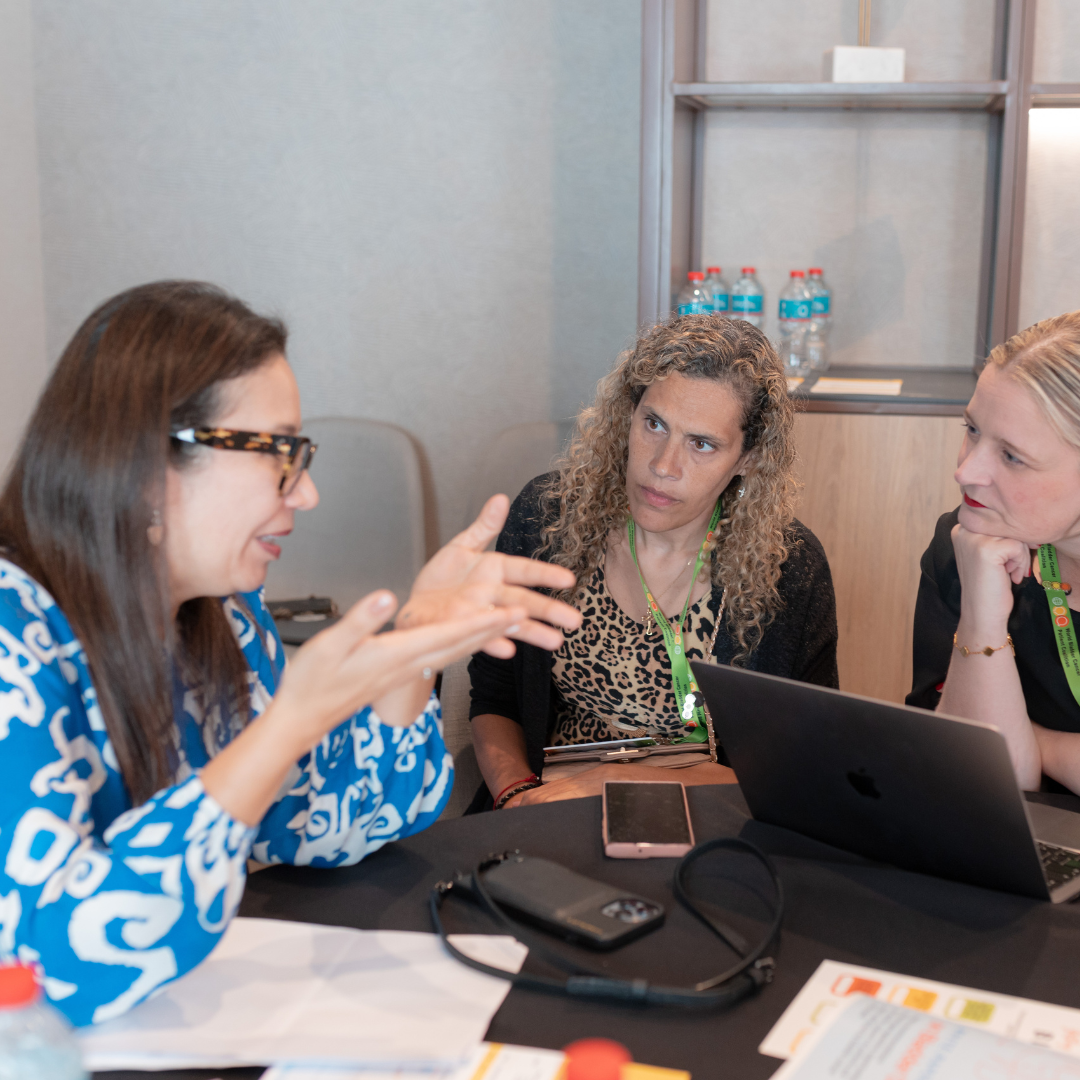Policy as a tool to advocate for bladder cancer patient needs
At the World Bladder Cancer Patient Forum 2024, Eva María Ruiz de Castilla, Executive Director of The Latin America Patients Academy (LAPA), conducted a practical workshop titled Policy as a Tool to Advocate for Bladder Cancer Patient Needs. In this interactive session, Eva María guided patient advocates through the process of using policy to improve healthcare access and ensure better treatment, care and support for bladder cancer patients.
Eva María started by defining policy advocacy as the effort to influence government and payer decisions in healthcare delivery. She explained that it involves creating laws, regulations, and guidelines that benefit patients. For example, patient groups can work with policymakers to introduce laws that ensure faster access to life-saving innovative treatments. Advocacy is about making sure patients’ needs are understood and included in government decision-making.
She emphasised that patient organisations are vital in shaping these policies. By raising awareness, building alliances, and working directly with government agencies, these organisations can make a real difference in healthcare systems. Eva María gave examples of successful advocacy efforts across Latin America, highlighting how patient-led campaigns have helped increase access to treatments and support for cancer patients in countries like Colombia, Ecuador, and Brazil.
Eva María shared LAPA’s journey since its establishment in 2018. Based in Miami, USA , LAPA is a non-profit organisation that provides education and training to patient. LAPA has trained over 320 patient leaders from more than 12 countries in Latin America, equipping them with skills to influence healthcare policies. For example, LAPA helped create a Patient Participation Guide in Colombia, a manual that teaches patient advocates how to get involved in healthcare decisions. In Ecuador, they supported similar work to involve patients in policy-making. In Brazil, they worked on training models that encourage patient input in healthcare decisions.
She also discussed some common challenges that patient advocates face. These include limited funding, a lack of expertise, political resistance, and complex government processes. Eva María encouraged patient advocates to build strong, long-term relationships with policymakers and collaborate with other organisations to overcome these barriers. She also stressed the importance of patience, as policy change can take quite some time to progress.
To help participants start their own advocacy efforts, Eva María outlined a simple, step-by-step process:
- Understand the situation:Research the healthcare needs in your country and identify the main challenges.
- Set clear goals:Establish specific, measurable goals that address the needs of bladder cancer patients, such as faster diagnosis or better access to medications.
- Build partnerships:Work with other organisations, healthcare providers, and patient groups to create a united voice.
- Develop a communication plan:Use simple messages that explain why changes are needed, aiming to gain public support.
- Engage with decision-makers:Meet with policymakers, attend public forums, and use social media to raise awareness.
- Monitor progress:Keep track of any policy changes to ensure they are effectively implemented, and adjust the strategy as needed.
Eva María concluded her presentation with a call for unity and shared ambitions among patient advocates, healthcare professionals, and policymakers. She emphasised that through collaboration, it is possible to create a healthcare system that truly meets the needs of bladder cancer patients.
Watch Eva María Ruiz de Castilla’s full session, Policy as a Tool to Advocate for Bladder Cancer Patient Needs, on the WBCPC YouTube Channel.




